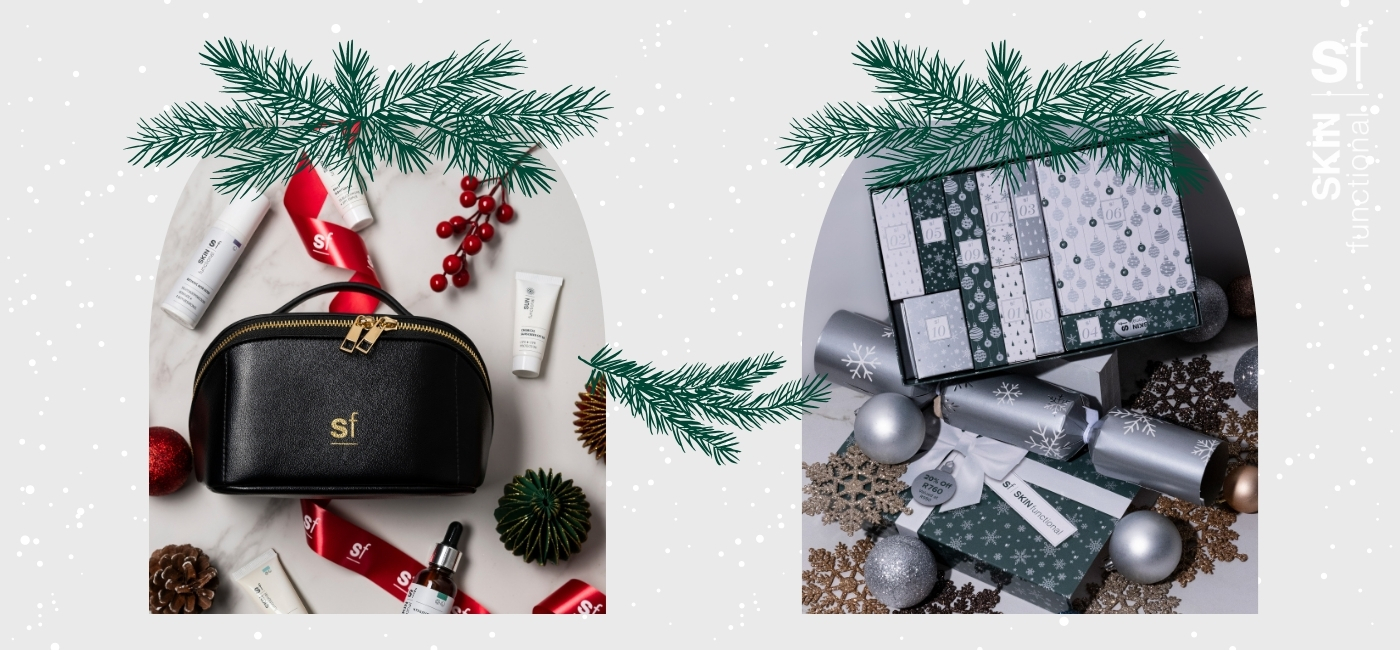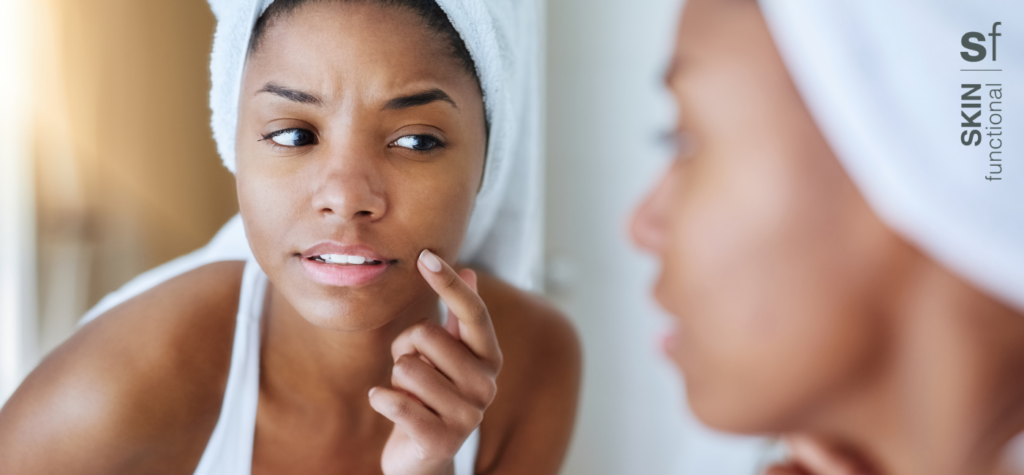
FREE SHIPPING FOR ORDERS OVER R500 WITHIN SOUTH AFRICA
Free shipping for orders over R500
FREE SHIPPING FOR ORDERS OVER R500 WITHIN SOUTH AFRICA
Free shipping for orders over R500

Breakouts. We’ve all been there. And if you thought you left those embarrassing zits and blemishes behind with your first high school crush, think again. Up to 85% of people experience acne at some point or other in their lives, which includes 64% of adults in their 20s and 43% in their 30s. While it’s easy to recognise that you have pimples, it’s so much harder to determine what’s causing this pesky skin condition and how to prevent it.
We’re here to give you the lowdown on everything you need to know about acne and breakouts. After all, knowledge is power and identifying your specific type of acne and its causes is the first step in building a skincare regime to treat it effectively.
Our pores contain a hair follicle and a sebaceous gland, which produces a natural oil called sebum. The follicles are constantly regenerating and shedding dead skin cells, but sometimes these dead skin cells get trapped within the follicle. This acts as a plug preventing the sebum from escaping and forms what we know as a blackhead or non-inflammatory acne. The bacteria present on the follicles may cause an infection, known as inflammatory acne.
Types of acne
Non-inflammatory acne
Blackheads (also called comedones) are clogged pores on the skin’s surface. The pore is open to the surface of the skin, and the air has oxidised the debris inside, turning it black. Whiteheads are very similar, except they are trapped under the skin’s surface.
Inflammatory acne
Papules and pustules are the main types of inflammatory acne. Papules are small, red and hard, and pustules usually have a white head that’s surrounded by red, irritated skin.
Nodular acne is the most severe type of acne, which includes nodules and cysts.They form deep under the skin, and are large, red, and painful. This is the type of acne best treated by dermatologists, as it has the highest chances of causing permanent scarring.
Propionibacterium Acnes (P. Acnes) is a bacteria that likes to feed on the sebum within our skin. When P. Acnes bacteria gets into clogged pores it reproduces rapidly, causing inflammation. Your body then rushes blood to the scene to try to fix it, causing even more redness and inflammation.
What causes breakouts?
There are a multitude of factors that can cause, or make us more susceptible to acne and breakouts. Here are a few of the most common ones:
How to prevent breakouts
Even the best skin regimen can’t do its job effectively if you’re constantly repeating the same bad habits that are working against it. Here are a few fixes you can make to help prevent breakouts in the first place or at least keep them more manageable.
Now that you know all about the different types and causes of pimples, now learn how to treat and manage breakouts using effective skincare products.
We will give you the right amount of love!
From expert advice, specials and new products, be the first to know.
No spamming, we promise!






Click on the button below and choose 2 free gifts.
Hurry, while stocks last!